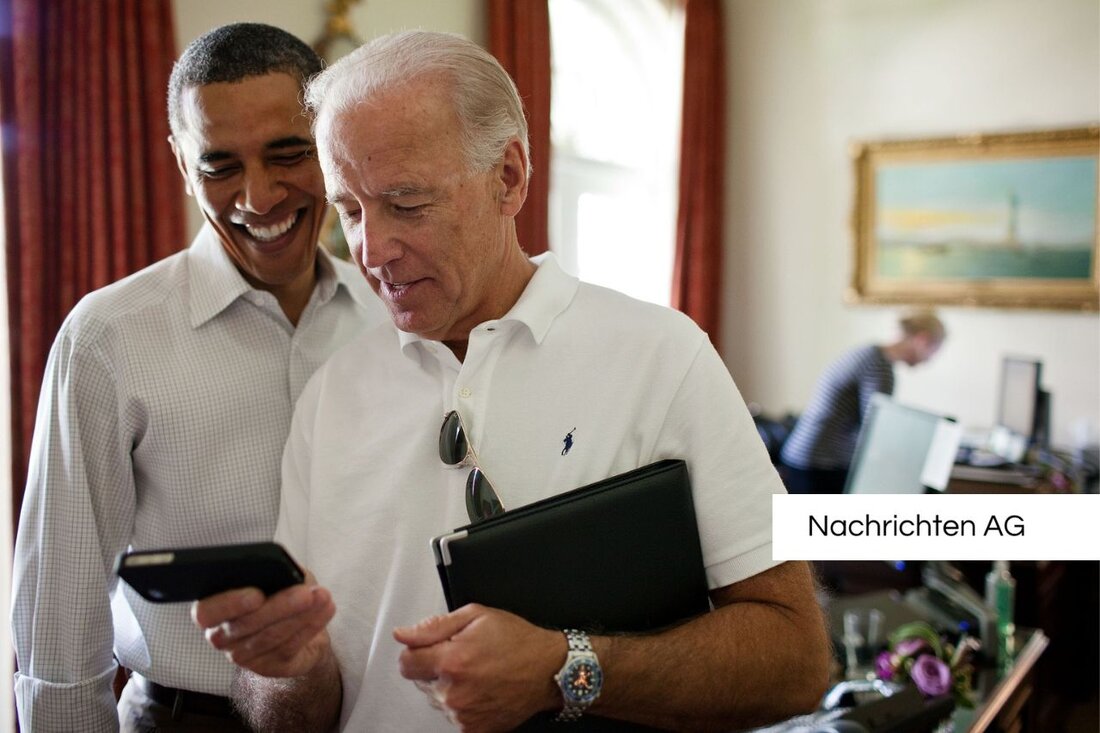Veterans Win Big: New Bill Eases License Transfers Across States
Rep. Jimmy Patronis introduces a bill for veterans and spouses to transfer professional licenses across states, aimed at easing civilian life transitions.

Veterans Win Big: New Bill Eases License Transfers Across States
In a move that carries both empathy and practicality, U.S. Rep. Jimmy Patronis has introduced the Veteran and Spouse Licensing Flexibility Act (HR 5053), aimed at easing the transition for veterans into civilian life. This legislation seeks to bolster veterans‘ integration by enabling them—along with their spouses—to transfer professional licenses across state lines, a need that resonates deeply within our local communities. As highlighted by Florida Politics, the act would allow these individuals to directly apply skills they honed in service to their local communities without facing bureaucratic hurdles.
The bill proposes that professional licenses earned in any U.S. jurisdiction would be valid for up to three years after moving states. Patronis emphasizes that allowing veterans to utilize their acquired skills not only supports them but also benefits the communities they aim to serve. He pointed out that Florida had already taken steps in 2017 to assist soldiers and veterans in maintaining their professional licenses during overseas deployments, reflecting a localized commitment to supporting our service members.
Supporting Military Families
The landscape of military life frequently comes with relocations, creating unique challenges for service members and their families, especially when it comes to employment. According to Justice.gov, a recent revision to the Servicemembers Civil Relief Act now allows servicemembers and their spouses to utilize their professional licenses when relocating due to military orders, provided they meet certain qualifications. This change seeks to alleviate the financial strain caused by licensing delays—a common issue faced by military families.
In January 2023, President Joe Biden signed the Military Spouse Licensing Relief Act into law, which also enhances the portability of licenses for both servicemembers and their spouses. A staggering 132,000 active-duty spouses require licenses for their professions, making up nearly 39% of military spouses who are part of the workforce. Occupations impacted include real estate, nursing, teaching, and cosmetology, enhancing the potential for stable employment within these highly mobile families. However, it’s worth noting that the practice of law has been specifically carved out of this provision.
Challenges and Prospects
While this legislative push is a step in the right direction, questions remain about how effectively states will implement these new laws. As noted in various discussions, the ability for spouses and servicemembers to transfer licenses hinges on maintaining them in good standing with the previous authority and actively working within their field prior to relocation. If an interstate compact for their profession exists, it will take precedence over federal provisions, adding another layer of complexity for families hoping for seamless transitions.
Ultimately, the proposed legislation by Patronis could be a game changer, providing critical support for veterans and their families as they navigate the complexities of professional licensing across state lines. By enhancing the skills and resources available to our veterans, we can help them thrive in the communities they have valiantly served. This raises important questions: Are we doing enough to support those who have served? And how can we better facilitate these transitions for our local heroes? These discussions are essential as we look toward the future of our workforce and the many talents that veterans and their families bring to our communities.
As the conversation around professional license portability continues to evolve, one thing is certain: veterans deserve every opportunity to succeed, and initiatives like Patronis’ bill pave the way toward that promise.

 Suche
Suche
 Mein Konto
Mein Konto